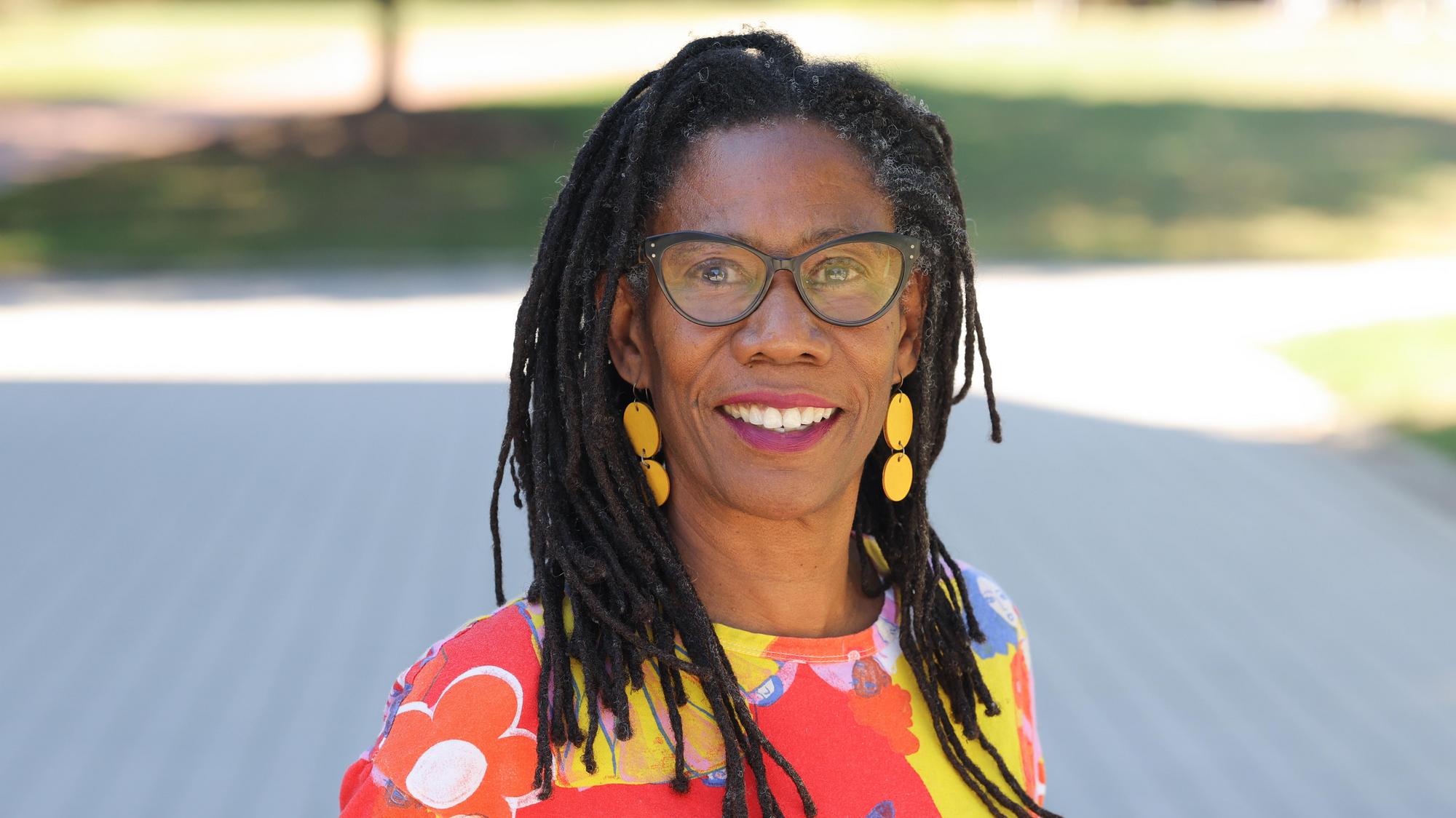‘An opportunity to celebrate’

Black History Month at Furman
Read more stories >>
Regardless of what the calendar says, for Judith Williams, “Black History Month is 365, 24/7.”
For many others, however, February may be one of the few times they are encouraged to challenge their racial assumptions and engage with the full array of cultures stemming from the African diaspora, said the assistant professor of anthropology.
“Here in the South, we tend to think of Blackness as just a Black or white construction,” Williams said. “There’s not a lot of awareness that there are different types of Black people that live here. Ethnically, we’re not a monolith.”
Regional differences play a part, said Williams, who was born in Kingston, Jamaica, and spent 40 years living in Miami, where there is a large Afro-Caribbean community. But along with the distinct identities attached to individual countries and regions, there are divisions in education, socioeconomic status and religion.
For instance, “we hardly ever talk about Black Jews,” Williams said, recalling Hasidic rapper Nissim Black’s visit to campus last year. “There is so much variation and diversity within the category of Blackness. The thing I like about Black History Month is that it’s an opportunity for us to celebrate that type of diversity and call attention to the differences within the Black experience.”
The official theme of Black History Month 2024 is “African Americans and the Arts,” celebrating African Americans who have historically served as change agents through their crafts. Williams would like to see more of those celebrations in her new hometown, and not just during the month of February.
“In other parts of the world where I’ve lived, I have noticed tremendous celebrations of Black art, Black food and Black culture,” she said. “We have a lot of work to do here.”
Culture and cuisine often intersect for Williams, a trained chef whose academic career has included extensive research into Black culinary habits and history and the anthropology of food and labor. She finds inspiration in Black food scholars and chefs such as Haitian-born Guichard Ulysse, proprietor of House 509 Bistro and Wine Bar in Greer – “to my knowledge, the only Black fine-dining restaurant in this part of the world,” she said.
She also cites the work of Michael W. Twitty, a gay African American Jewish culinary historian whose writing traces the history of Black foodways from the days of colonialism to the present. The writing of Kwame Alexander inspires her, as do culinary writers and historians Stephen Satterfield and Jessica Harris, both featured in the Netflix series “High on the Hog: How African American Cuisine Transformed America.” The work of her mentor Ashanté Reese, co-editor of “Black Food Matters: Racial Justice in the Wake of Food Justice,” was also formative, Williams said.
“There are some really amazing Black food scholars and Black foodie chef people out there,” she said. “‘Black food’ is really an umbrella term for all sorts of different foods that come out of the African diaspora. And that could be Jamaica, where I’m from, or it could be South Africa, where they make a fantastic bobotie. Or even rice in South Carolina – rice is a Black food staple.”
Williams is looking ahead to Black History Month 2024 with positive memories of past displays and events at Furman that led to meaningful discussions, while hoping for people of all races to deliberately engage with Black culture and history.
“I’m here because Furman’s doing much better than most academic institutions when it comes to race,” she said. “Furman has a ways to go, but they’re way ahead of the pack.”